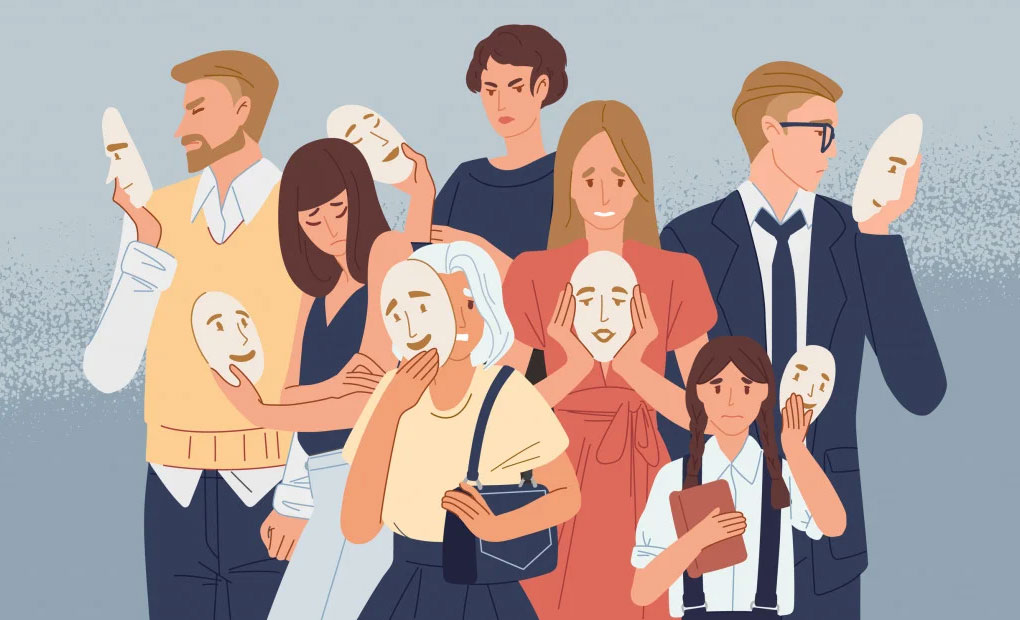Despite the fact that we esteem our individual flexibilities, you have likely seen yourself adhering to these guidelines. Regardless of whether you have a significant call to take in the theater, you will likely reason yourself to go external the theater to respond to it. This demonstrates that we will relinquish what we believe should do in a given second because of the tension of normal practices. Social analysts have attempted to explore why we surrender a portion of our individual flexibilities for the more prominent cultural great.
What Is Conformity?
Similarity is the strain we feel to act in manners that are reliable with the laid out rules demonstrating how we ought to or should act. The principles can be clear ("Keep off the grass!" or "No Stopping") or unpretentious (surrendering your seat to an older individual or tipping at a café). These standards intensely affect our picked ways of behaving.The striking and amazing impacts of similarity were given by Solomon Asch's congruity explore. Solomon Asch is a notable social brain science scientist, well known for his traditional congruity tests. His congruity explore comprised of various "vision tests" where members of the review were approached to show which line was like the standard line being referred to. Notwithstanding, before members could answer, every individual in their gathering gave a clearly "mistaken" reply to make the tension of an implied bunch standard. These people who offered wrong responses were not members, but rather research colleagues set up by Asch
He found that since some people gave the incorrect answer, the real participants of the study also felt compelled to give the wrong answer, thus conforming to the social norm of the group. The answer was extremely simple, and even though the participants knew they were giving an incorrect answer, the majority of them still went ahead with the wrong answer! That seems like a lot of pressure to conform to the group norm!
Why Do We Follow Social Norms?
When we first think of conformity, we might think of it as objectionable; it feels like a restriction on our personal freedom. However, another truth is that without conformity, our world would become very chaotic, very quick. For instance, if no one followed traffic signal rules, we would experience chaos! People would not follow lane discipline, there would be uncertainty while crossing roads, and it would quickly lead to minor and major accidents!Social norms cut out the uncertainties of social life. Whether social norms are informal or formal, most of us follow them most of the time. For instance, irrespective of one’s political beliefs, virtually everyone stands when the national anthem of their country plays, just as most people feel compelled to remain silent in the theater.
At the point when we don't have accepted practices to follow, our activities can immediately become flighty, which can likewise be risky. A last justification for why individuals follow normal practices is to look great to other people and put on a show of being productive members of society who observe the guidelines. We do this so we can find a place with others and feel like a piece of our local area.
Since congruity is an essential reality of public activity, scientists have attempted to comprehend the reason why this happens. We will cover two primary thoughts that exploration has found about why we adjust to bunch standards as a rule.

